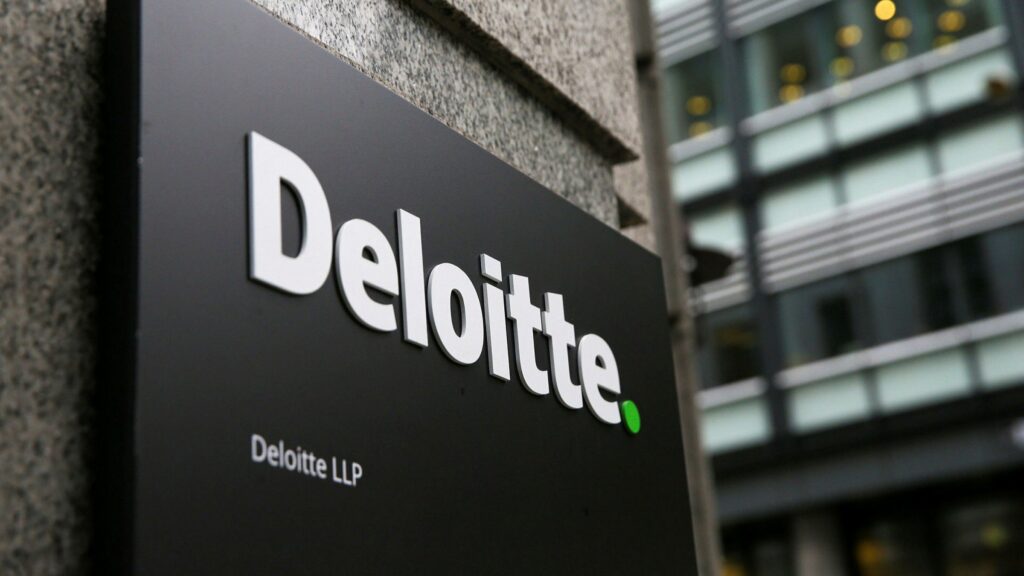 With the £5,000 financial threshold for small claims in the
With the £5,000 financial threshold for small claims in the
county courts set to increase to £10,000 (and possibly £15,000
subsequently), more businesses may consider undertaking at least
the initial steps of recovering smaller debts themselves. The fact
that costs are irrecoverable (unless contractually provided for) in
the small claims court will also be an influencing
factor.
When commencing
proceedings, it is essential that the claim form is properly
served. Identifying the correct address is particularly pertinent
for individuals as they are less likely to be legally
represented.
If an individual
has not provided the name of a solicitor who is to accept service
on his behalf, or provided an address at which he may be served,
part 6 of the Civil Procedure Rules provides a default position
where service may take place being:
• For individuals –
usual or last known residence
• For individuals
being sued in the name of a business – usual or last known
residence of the individual or principal, or last known place of
business.
The problem with
service at the default address is that, if the defendant is not
using that address, the claim form may not come to the defendant’s
attention. This can result in any subsequent judgment being set
aside.
How well do you really know your competitors?
Access the most comprehensive Company Profiles on the market, powered by GlobalData. Save hours of research. Gain competitive edge.

Thank you!
Your download email will arrive shortly
Not ready to buy yet? Download a free sample
We are confident about the unique quality of our Company Profiles. However, we want you to make the most beneficial decision for your business, so we offer a free sample that you can download by submitting the below form
By GlobalDataIf a claimant has
reason to believe that the defendant no longer resides or carries
on business at the usual or last known address it has, it “must”
take reasonable steps to ascertain the defendant’s current
residence or place of business. If unable to do so, consideration
must then be given to an alternative place or method of
service.
If, however, there
is no reason to believe that the individual no longer resides at
the last known address, proceedings will be validly served even if
that party no longer lives there.
This was confirmed
in Re Broadside Colours and Chemicals Ltd [2012]. The liquidator of
the company served a former director at the residential address
shown for him at Companies House. Service was held to be good even
though he had moved and had not become aware of the proceedings
until after judgment had been entered against him.
Although he
successfully appealed the judgment, the court held that the
proceedings had been validly served at the defendant’s last known
address. The liquidators were entitled to treat Companies House
records as knowledge, even though they were several years old. They
had no reason to believe the director might no longer live there
and were not therefore under any obligation to make any further
enquiries.
Things to
consider
The important
element here is the knowledge of the party serving. It is only when
that party is aware that an individual’s usual address is no longer
in use that additional steps need to be taken to ascertain a
current address. If the default address is old though, it might be
worth making additional enquiries just to confirm it is still
current to avoid wasting time and costs in the long run.
y Greg Standing
is a partner in Wragge & Co’s motor finance litigation
team







